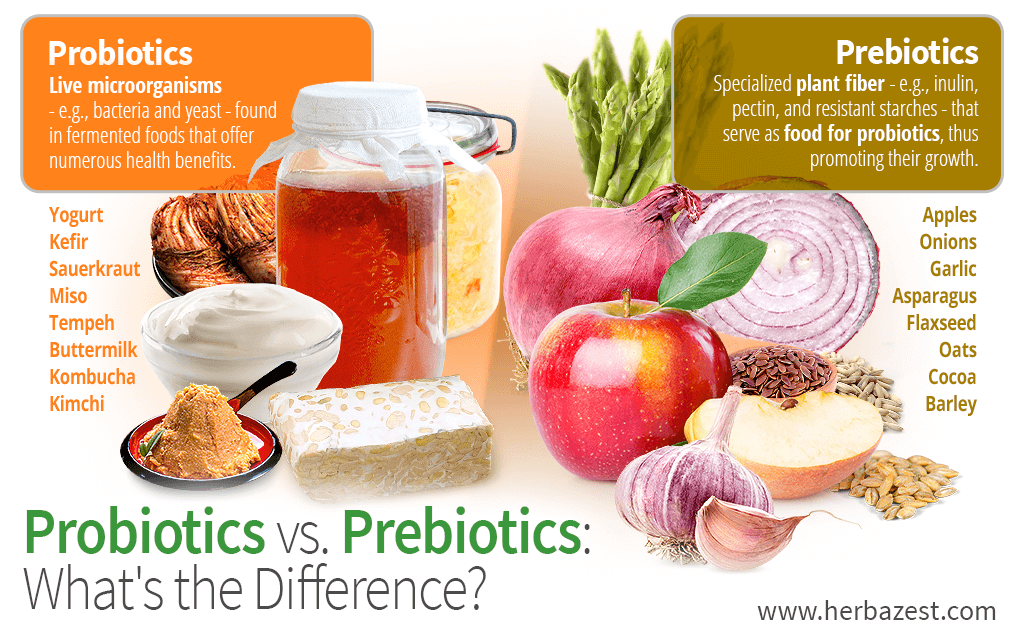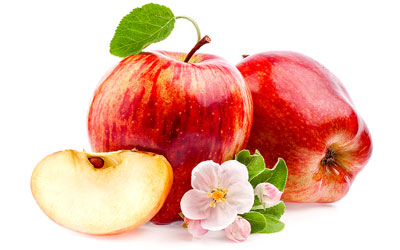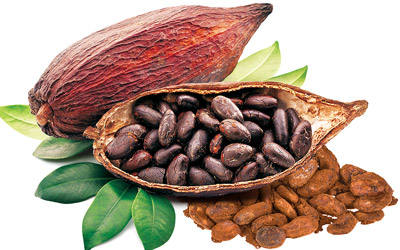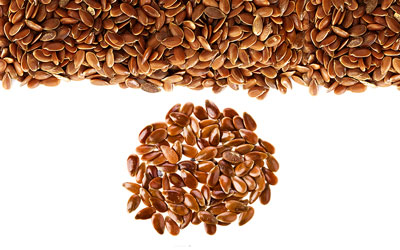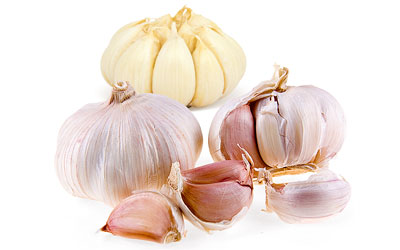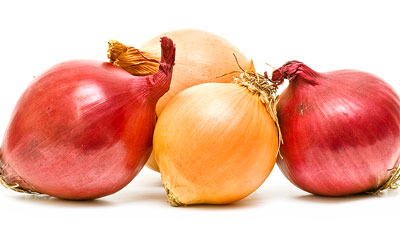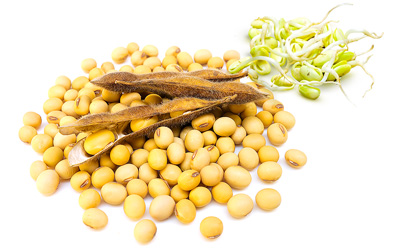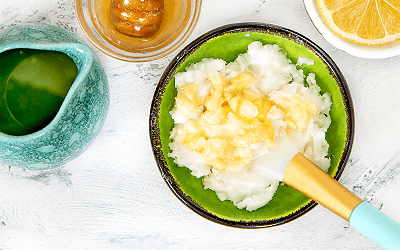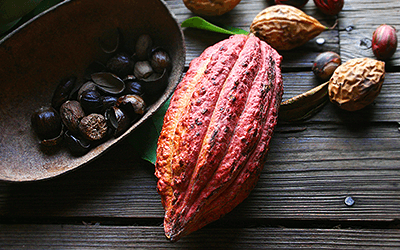The benefits of including probiotics in daily meals is no news to anyone. But when it comes to prebiotics, many people may be wondering what they are and if they're necessary for their diet. As it turns out, pre- and probiotics are both essential for maintaining a healthy gut. Find out all about the probiotics and prebiotics, including what they are, how they benefit your health, and how you can ensure their proper levels.
What's The Difference Between Probiotics and Prebiotics?
Although the terms prebiotics and probiotics sound almost the same, they refer to two completely different things.
Probiotics are live microorganisms found in fermented foods that offer numerous health benefits. They include the “good” bacteria (most commonly Lactobacillus and Bifidobacterium species) and yeast (mainly Saccharomyces boulardii).
Prebiotics are a special type of fiber in certain foods that serve as food for probiotics. These beneficial fibers include inulin, pectin, and resistant starches, among others.
There is another term worth knowing: synbiotics. These are foods or supplements that contain both probiotics and prebiotics.
Best Sources of Probiotics and Prebiotics
Prebiotic fibers are only found naturally in plants, such as vegetables, fruits, nuts, and whole grains. Probiotics, on the other hand, are present in fermented products, mainly dairy, some vegetables, and beverages.
Besides natural sources, both prebiotics and probiotics can also be found in supplement forms.
Benefits of Probiotics and Prebiotics
Just like their definitions and sources, the benefits of pre- and probiotics vary significantly as well.
The main role of prebiotics is to serve as food for the probiotics. When consumed, these fibers are fermented by probiotics, supporting their growth and beneficial activities.
Probiotics, on the other hand, mainly promote a healthy balance of the gut microbiota, the collection of microorganisms living in the digestive tract. A gut imbalance has been linked to numerous diseases.
Probiotics' roles and benefits are highly species-specific and include, but are not limited to, the following:1,2,3,4,5,6
Improve digestion
Regulate nutrient absorption
Maintain mental health
Enhance immune system
Synthesize vitamins
Treat diarrhea and constipation
Promote adequate cholesterol levels
Help relieve digestive issues
While research on pro- and prebiotics still continues, it is certain that including them in one's daily diet can offer tangible health benefits. Fortunately, they are widely available, versatile, and easy to add to a variety of meals. Although there is no recommended daily intake of probiotics, keep in mind that too much of a good thing can produce some side effects. Moderate amounts eaten consistently should yield optimal results for your well-being.
Sources
- Cleveland Clinic, Probiotics, 2020
- Foods, Prebiotics: Definition, Types, Sources, Mechanisms, and Clinical Applications, 2019
- Harvard Health Publications, Understanding the health benefits of taking probiotics, 2022
- Journal of Functional Foods, Rational use of prebiotics for gut microbiota alterations: Specific bacterial phylotypes and related mechanisms, 2020
- Molecules, An Updated Review on Prebiotics: Insights on Potentials of Food Seeds Waste as Source of Potential Prebiotics, 2022
- National Center for Complementary and Integrative Health, Probiotics: What You Need to Know, 2019
- Mayo Clinic, What are probiotics and prebiotics? 2022
Footnotes:
- Brain, Behavior, and Immunity. (2015). A randomized controlled trial to test the effect of multispecies probiotics on cognitive reactivity to sad mood. Retrieved January 30, 2023, from https://pubmed.ncbi.nlm.nih.gov/25862297/
- ISRN Nutrition. (2013). Health Benefits of Probiotics: A Review. Retrieved January 30, 2023, from https://www.ncbi.nlm.nih.gov/pmc/articles/PMC4045285/
- Journal of Neurogastroentrology Motility. (2016). Effect of Probiotics on Central Nervous System Functions in Animals and Humans: A Systematic Review. Retrieved January 30, 2023, from https://pubmed.ncbi.nlm.nih.gov/27413138/
- Harvard Health Publishing. (2017). The benefits of probiotics bacteria. Retrieved January 30, 2023, from https://www.health.harvard.edu/staying-healthy/the-benefits-of-probiotics
- Therapeutic Advances in Gastroenterology. (2013). Effects of probiotics on gut microbiota: mechanisms of intestinal immunomodulation and neuromodulation. Retrieved January 30, 2023, from https://www.ncbi.nlm.nih.gov/pmc/articles/PMC3539293/
- Molecules. (2021). Probiotics Regulate Gut Microbiota: An Effective Method to Improve Immunity. Retrieved January 30, 2023, from https://www.ncbi.nlm.nih.gov/pmc/articles/PMC8512487/

